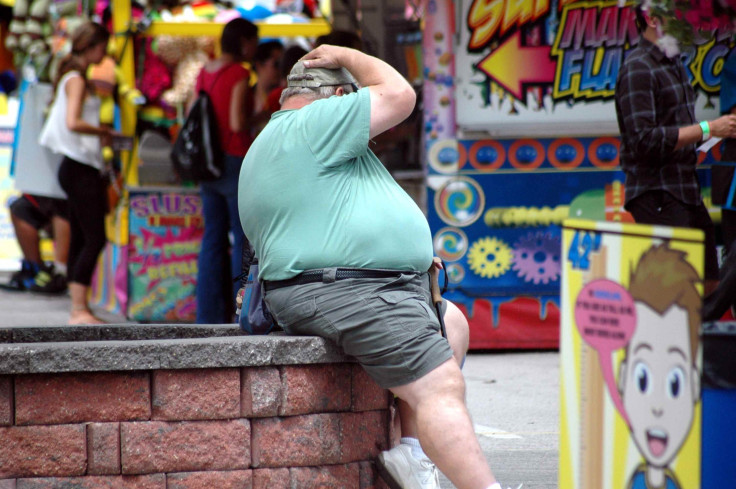Obesity May Interfere With Visual Perception: Heavier People See Objects As Being Further Away Than They Really Are

Human perception isn’t always objective. Whether it’s due to a disability, mental illness, or even just environmental factors, the way we see the world differs between us. According to a new study, obesity can be added to the list of things capable of altering our perception.
The way we perceive space and distance is constrained by physical body size, the study found, with obese people seeing distances as farther than they actually are. This causes a sort of vicious cycle in terms of perception and behavior, with the altered reality caused by obesity impacting how overweight people are motivated to move.
“If you find yourself out hiking with a heavy backpack, hills are going to look steeper, distances are going to look farther, gaps across a river are going to look longer,” said psychologist Jessica Witt at the annual meeting of the American Association for the Advancement of Science (AAAS). “You’re not seeing the world as it is, you’re seeing the world in terms of your ability to act.”
The research involved several dozen people recruited from Walmart, who were asked to estimate inclines and distances. As reported by The Guardian, body shape influenced perception with obese people seeing distances as at least 10 percent further than those with average weight.
“It is a conscious perception of the world,” Witt said, according to The Telegraph, “but it’s not based on conscious perception of the body or feelings of laziness. It cannot be controlled…you can’t will yourself to see that target as closer or that hill as less steep.”
Witt said this is worrisome for the obese population, and that this perception can be a factor in discouraging them in adopting a healthier lifestyle.
Participants were also asked to perform various tasks like playing virtual tennis, putting a golf ball, and practicing baseball. The researchers altered the tasks using illusions in order to change participants’ perceptions. In one case, they changed how large the golf hole looked, and found that the participants did significantly better when the hole looked larger. In the same vein, participants perceived an incoming tennis ball as moving slower when they were given a larger racket.
Witt said that psychologists should be taking a more nuanced view of vision and perception than they do currently.
“We think perception is this window to the actual physical world,” Witt said. “Those assumptions that drive most of the field are wrong.”
Source: Sugovic M, Turk P, Witt J. Perceived distance and obesity: It’s what you weigh, not what you think. Presented at annual meeting of the AAAS. 2016.
Published by Medicaldaily.com



























